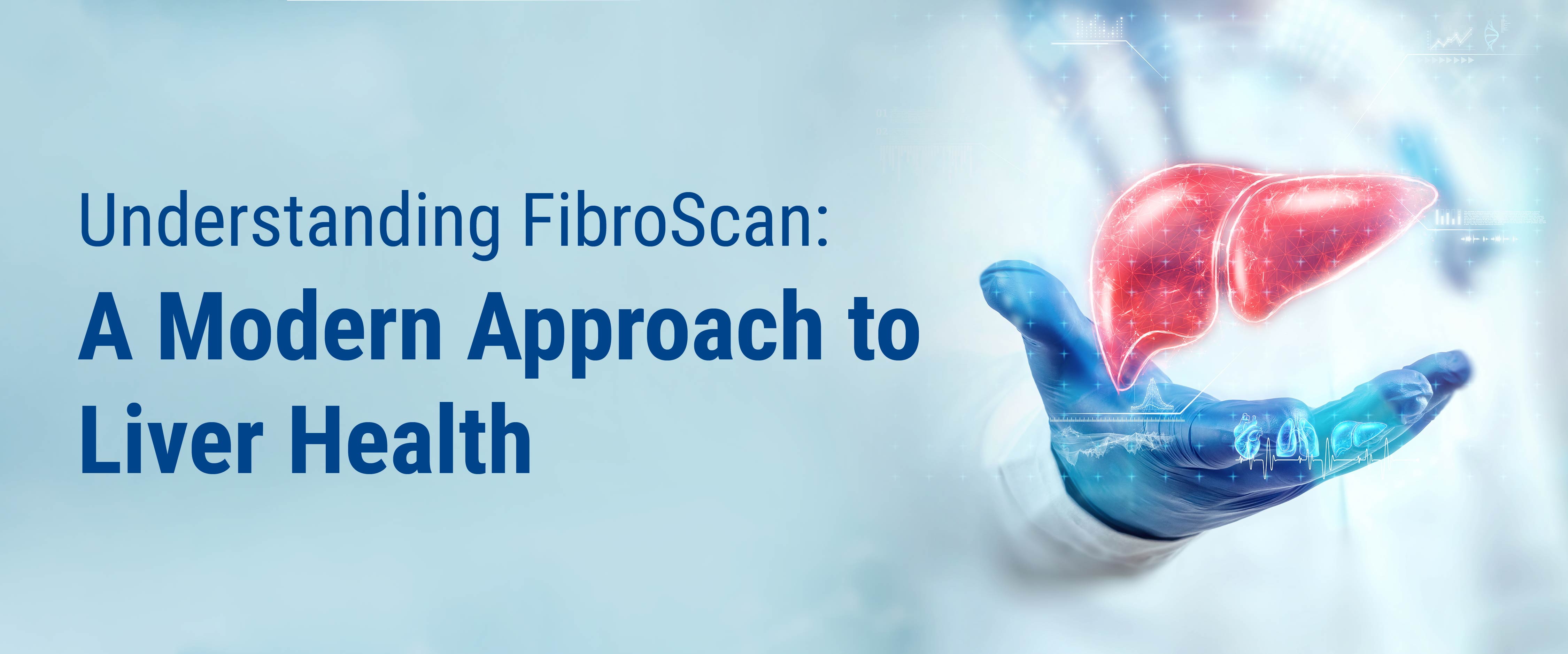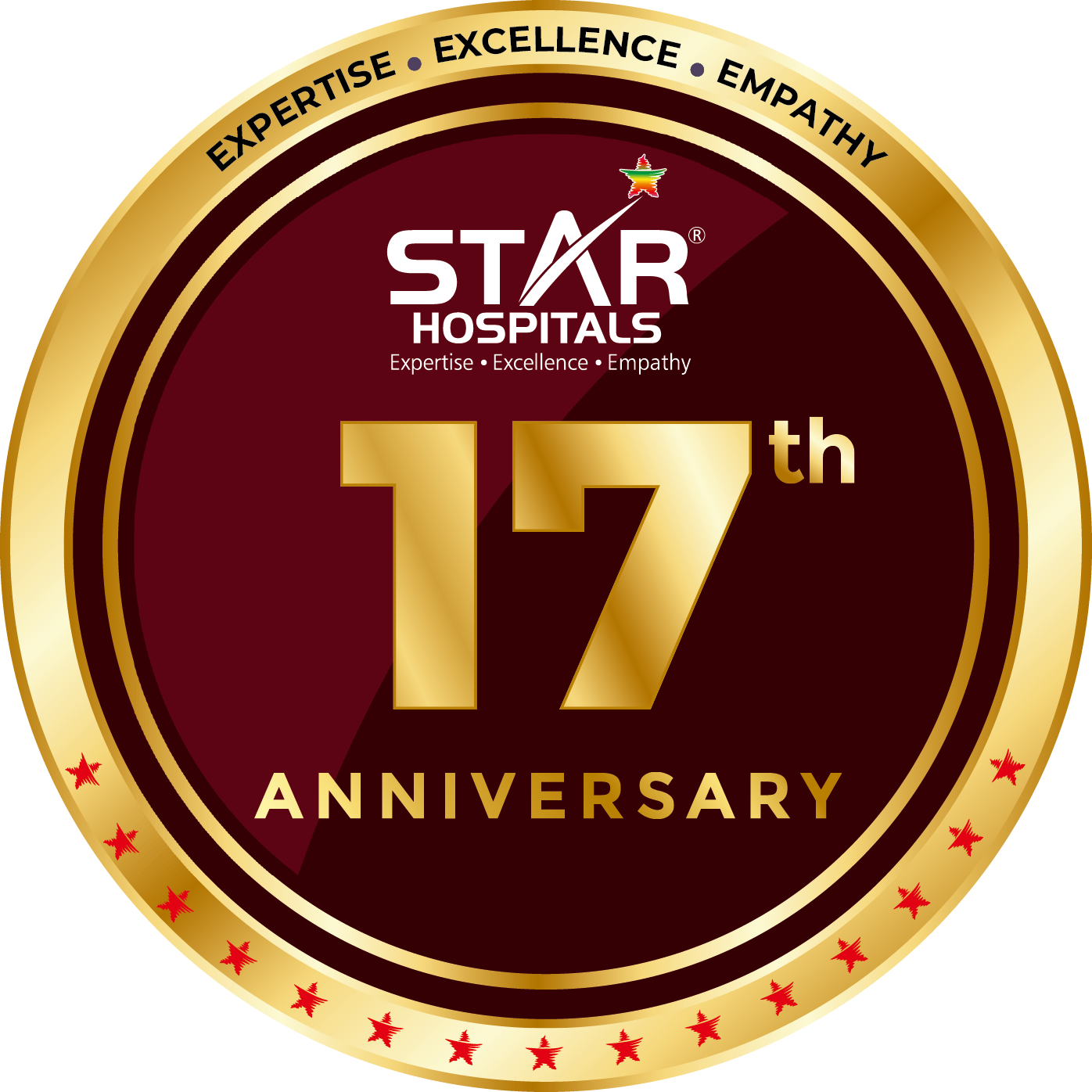The liver is one of the most vital organs in the human body, responsible for numerous functions like detoxification, the production of essential proteins, and the regulation of various metabolic processes. But when the liver is damaged over a long period, it can lead to liver cirrhosis, a serious and life-threatening condition.
Liver cirrhosis is the late stage of liver scarring (fibrosis) caused by various liver diseases such as Viral hepatitis B & C, alcoholic liver disease, non-alcoholic fatty liver disease, and Obesity. This condition leads to the replacement of healthy liver tissue with scar tissue, which disrupts the liver's ability to function properly.
While early stages may be asymptomatic, advanced cirrhosis can present symptoms such as:
- Jaundice (yellowing of the skin and eyes)
- Swelling in the legs and abdomen (ascites)
- Easy bruising and bleeding
- Fatigue and weakness
- Confusion and cognitive difficulties and increased sleep (hepatic encephalopathy)
- Weight Loss (Muscle loss)
When it comes to liver diseases, early diagnosis can make a significant difference in treatment outcomes. Star Hospitals offers a comprehensive suite of diagnostic procedures that help in accurately detecting the severity of liver cirrhosis and other liver conditions.
- Upper GI Endoscopy: Helps assess any complications like varices (enlarged veins) that may bleed.
- Liver Fibroscan: A non-invasive alternative to a biopsy that measures liver stiffness, available at our STAR Nanakramguda facility.
- Colonoscopy: For patients who may also have issues with the colon, particularly if liver disease affects digestion.
- Liver Biopsy: A critical procedure to assess the degree of liver damage. It can be performed under ultrasound or fluoroscopic guidance.
- Endoscopic Retrograde Cholangiopancreatography (ERCP): Useful for evaluating bile duct conditions that may accompany liver disease.
- Transjugular Liver Biopsy (TJLB): A more specialized form of biopsy when other methods are unsuitable.
At Star Hospitals, we offer a range of therapeutic and surgical interventions to manage liver cirrhosis and its complications. Our treatment approach is holistic, combining medication, lifestyle changes, and when needed, surgical options.
- Portal Hypertension: Portal hypertension (increased blood pressure in the liver’s portal vein) is a common complication of cirrhosis.
- Upper GI bleed: Therapeutic Endoscopy: Endoscopic procedures such as EVL (Endoscopic Variceal Ligation), glue injection, and APC (Argon Plasma Coagulation) help control bleeding in the esophagus and stomach due to varices.
- Ascites: Salt Restriction, Water Intake- 1.5 Liter per day, Diuretics.
- Refilling Ascites: Large Volume Paracentesis, TIPS (Transjugular intrahepatic portosystemic shunt), Liver transplantation.
If PARTO/BRTO does not help, LIVER TRANSPLANTATION is required | Liver Failure Hepatic Encephalopathy has to be treated by Liver transplantation.
2. Liver Cancer Medical Management
For patients with advanced cirrhosis, a liver transplant may be the only option. Star Hospitals is a leader in transplant services, offering:
- Living Donor Liver Transplantation
- Cadaveric Liver Transplantation
- Paediatric Liver Transplantation
Our liver transplant program is supported by a dedicated team of hepatologists, liver transplant surgeons, and intensive care specialists, ensuring the best possible outcomes for our patients.
1. Hepatitis B Vaccination: Protects against viral infection.
2. Avoid Alcohol and Smoking: Reduces the risk of liver damage.
3. Weight Management: Maintaining a healthy weight helps prevent fatty liver disease.
4. Monitored Use of Medications: Ensure safe use of both allopathic and Ayurvedic treatments.
Dedicated Liver Care Unit
We pride ourselves on offering more than just treatment; we provide holistic care. Our dedicated liver intensive care unit is equipped with the latest technology, including robotic systems and advanced diagnostic tools like ERCP and Cholangioscopy. This allows us to manage both acute and chronic liver injuries with precision.
- Trusted experts with a track record of success in complex cases provide genuine care
- Advanced technology, including robotic surgeries and diagnostic tools, ensures world-class treatment
- All-in-one care covers every aspect of liver health, from diagnostics to transplants
- Empathetic teams prioritize your emotional well-being, treating you with compassion and understanding
Liver cirrhosis is a challenging journey, but it doesn't have to be one you face alone. With the right care and timely intervention, life can still be vibrant and fulfilling. At Star Hospitals, we don’t just treat liver diseases; we walk with you every step of the way, offering advanced, compassionate, and personalized care.













